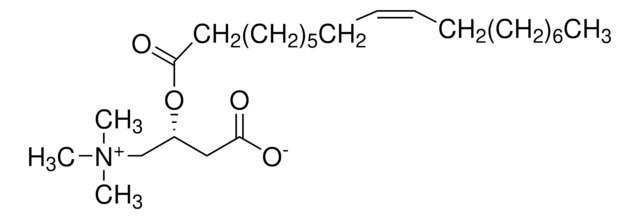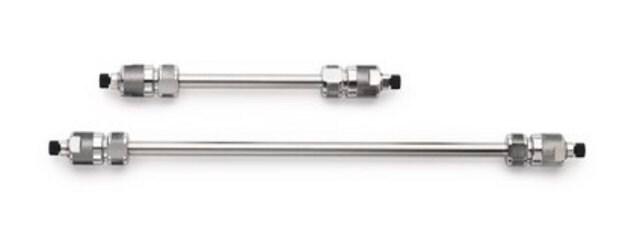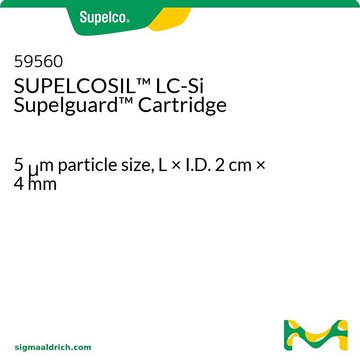59550
SUPELCOSIL™ LC-Si (5 µm) HPLC Columns
L × I.D. 2 cm × 4 mm Supelguard Guard Cartridge pkg of 2 ea, Guard Cartridge holder required for use
About This Item
Recommended Products
Product Name
SUPELCOSIL™ LC-Si Supelguard Cartridge, 5 μm particle size, L × I.D. 2 cm × 4 mm
Agency
suitable for USP L3
Quality Level
packaging
pkg of 1 kit
technique(s)
HPLC: suitable
L × I.D.
2 cm × 4 mm
matrix active group
silica phase
particle size
5 μm
pore size
120 Å
application(s)
food and beverages
compatibility
use to protect LC-Si, LC-3Si
separation technique
hydrophilic interaction (HILIC)
normal phase
Looking for similar products? Visit Product Comparison Guide
Related Categories
Footnote
Legal Information
Choose from one of the most recent versions:
Certificates of Analysis (COA)
It looks like we've run into a problem, but you can still download Certificates of Analysis from our Documents section.
If you need assistance, please contact Customer Support.
Already Own This Product?
Find documentation for the products that you have recently purchased in the Document Library.
Our team of scientists has experience in all areas of research including Life Science, Material Science, Chemical Synthesis, Chromatography, Analytical and many others.
Contact Technical Service





![[(3R)-3-Hydroxyoctadecanoyl]-L-carnitine analytical standard](/deepweb/assets/sigmaaldrich/product/structures/195/646/9c581614-9449-4107-a05e-7c573a907483/640/9c581614-9449-4107-a05e-7c573a907483.png)

